Girl Power! How the Natural Diamond Industry is Creating the Next Generation of African Female Leaders
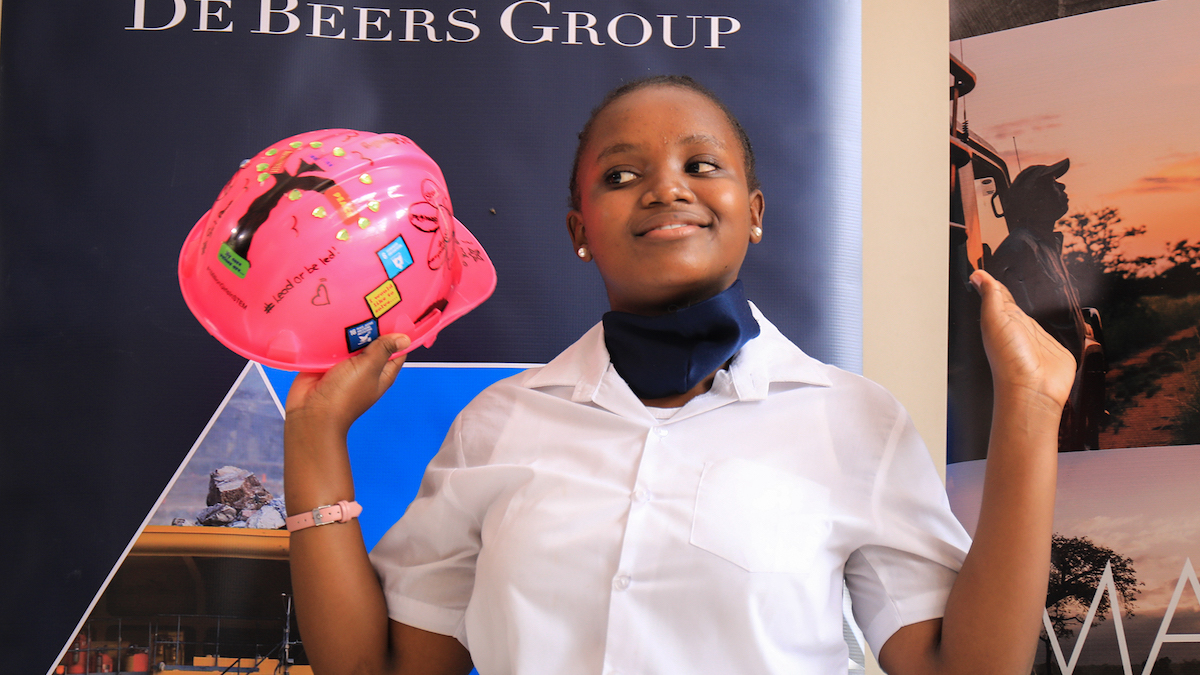
What would it mean for all girls worldwide to have the same opportunities for excellence? In December of 2011, the United Nations sought to find out. They created International Day of the Girl Child to give all young people “the opportunity to lead by putting them in the forefront of change efforts; hearing their voices; responding to their asks; and welcoming them in decision-making spaces.” By “investing in a future that believes in girls’ agency,” the world invests in itself—a belief deeply held by Diamonds Do Good, a global non-profit that brings resources to natural diamond communities around the world.
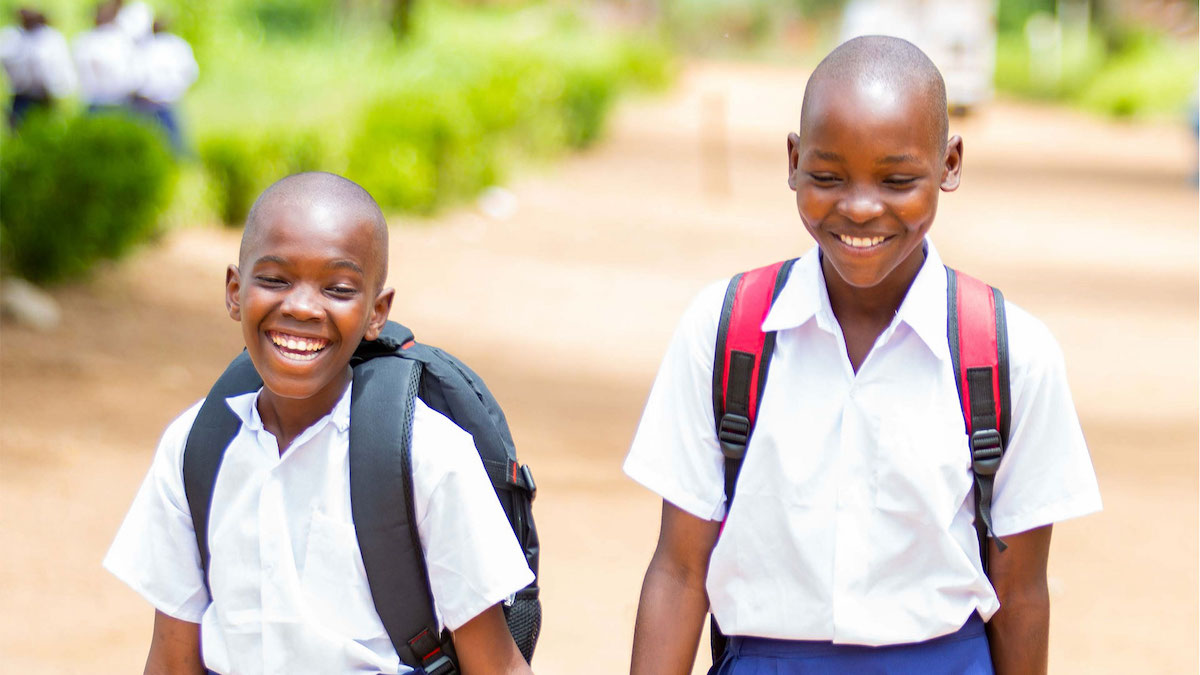
Among those impacted by International Day of the Girl Child and Diamonds Do Good are the young women of Tanzania—young women like Flaviana Matata. Before she worked as a model for glamour-loaded brands like Vivienne Westwood and Jason Wu, the 35-year-old worked on math problems at home in Tanzania. “My dad raised all his kids, boys and girls, as equals,” she says. “Math was known as a ‘men’s field’ but that didn’t matter in my house. Education did.” Matata ended up with an electrical engineering degree from Arusha Technical College—though she knew some girls in her community wouldn’t’get the same chance due to the widespread practice of child marriage “It’s our job to give women and girls the tools they need to help stop it.” That means ensuring future generations can have advanced schooling or vocational training, which can give them the same forward-thinking skills Matata learned. “In engineering school, we are taught to solve problems!” she laughs. “And I’m such a doer. I don’t like to talk that much, to be honest with you. I love getting things done… What I learned in school, and later in life, is that you’re here to make things work. You’re always going to have to invent things that solve problems now… And that’s what I want to do!”
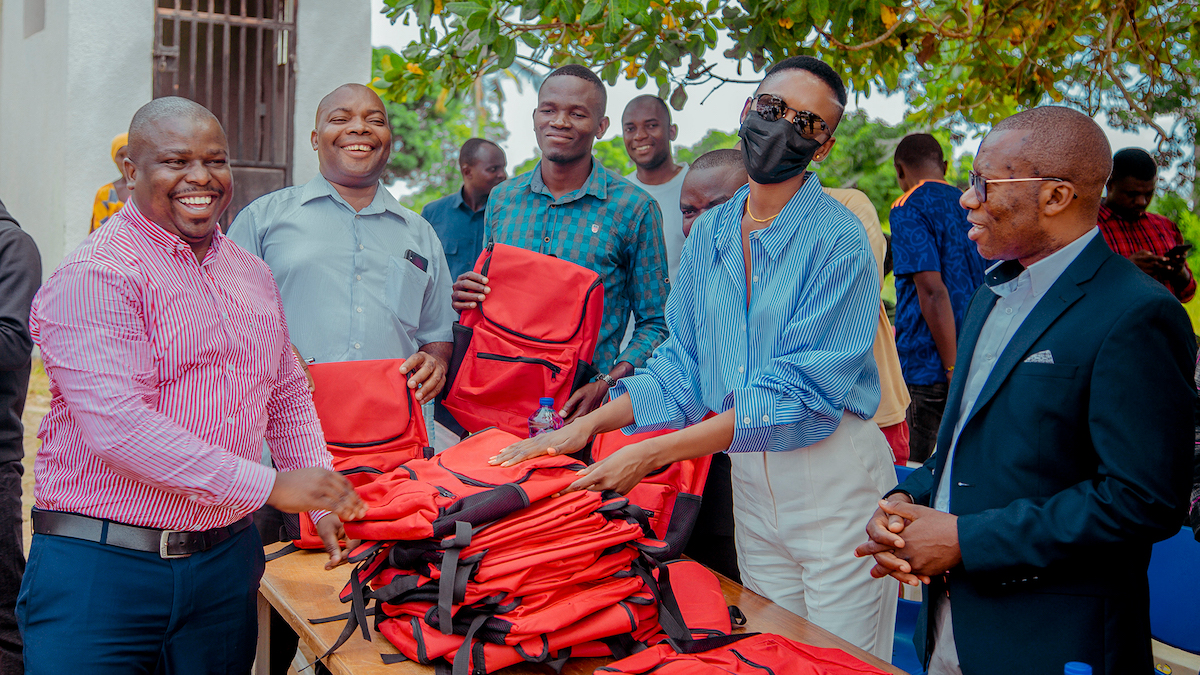
Matata is making a change with help from Diamonds Do Good. In 2011 she created the Flaviana Matata Foundation to provide concrete support, funding, and school supplies to girls in Tanzania and Zanzibar—so far, they’ve impacted over 8500 students through scholarships, donations, and menstrual care. (And since “period poverty” is one reason girls are kept behind from attending school, this initiative boosts both academic performance and personal health.)
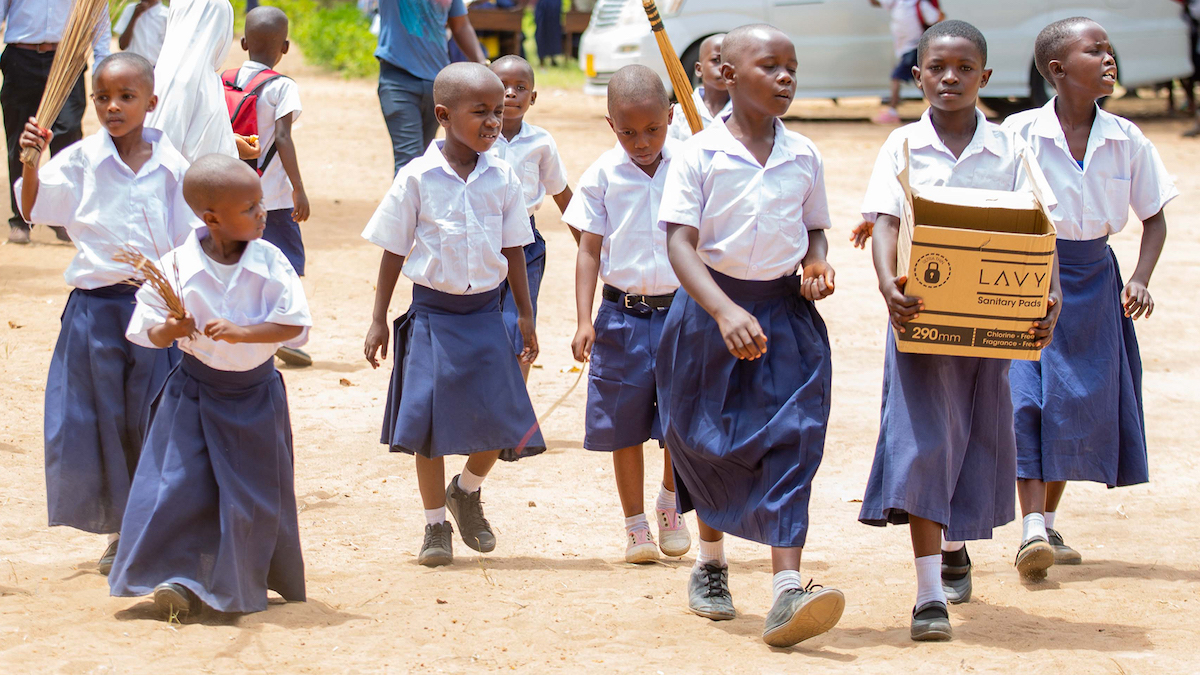
The change is also being pioneered by WomEng, the South African STEM foundation for women and girls. Through a partnership with De Beers Group, a member of the Natural Diamond Council, they’re helping boost the number of female scientists and engineers who hail from diamond mining communities. With help from De Beers Group, they’re now able to expand their footprint beyond Southern Africa into Canada and the UK. They’re also able to diversify their classes, so young women can also explore vocational training and skilled-work careers (think carpentry, contracting, and pharmaceutical sciences) along with engineering, medicine, and architecture. To date, WomEng has reached over 2300 students across Southern Africa, and created a new generation of girls on the forefront of STEM education.
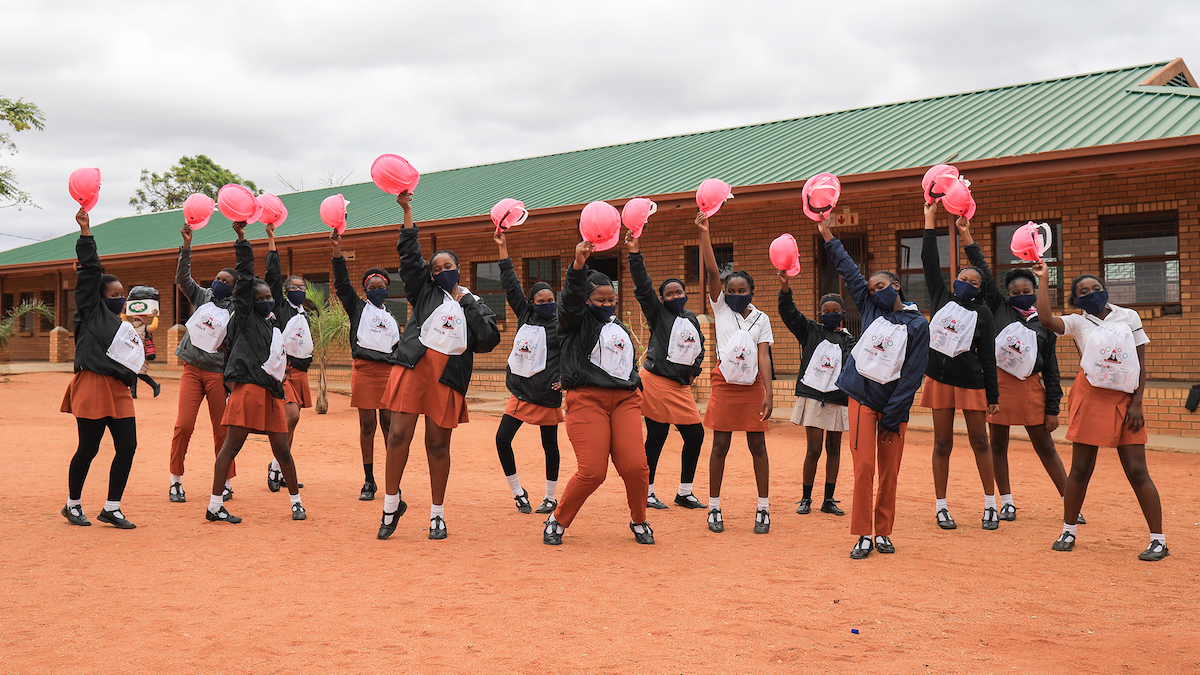
Meanwhile in Zimbabwe, RZM Murowa, also a member of the NDC, has established a Design for Change program to engage and empower girls through creative thinking, teamwork, and community action. A collaboration with the Forum for African Women Educationalists Zimbabwe Chapter (FAWEZI), the program’s goal is to encourage children, especially girls, “to identify problems within and around their schools, identify solutions, and be part of implementing a change.” The partnership’s goal? “An inclusive society in which all gender disparities in education are eliminated and girls and women are holistically empowered for socio-economic transformation.” It’s part of a broader RZM Murowa program to invest in the infrastructure, agriculture, and education of their mining communities—and it has already impacted over 50,000 people.
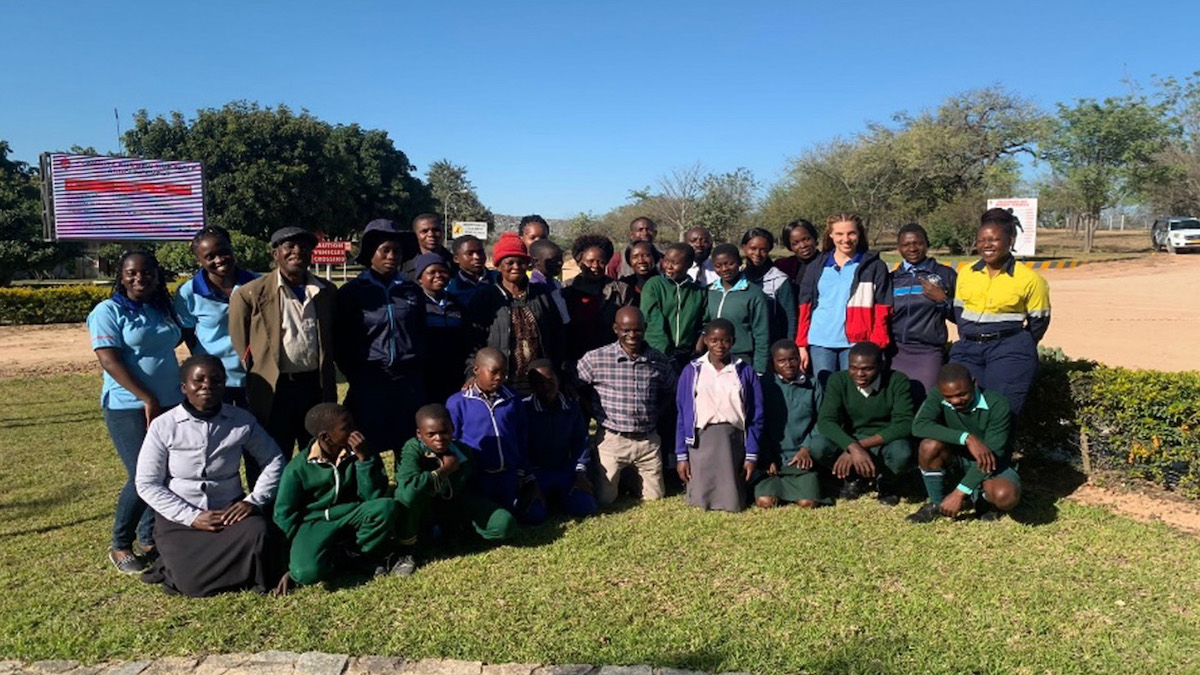
How can we help the natural diamond industry’s mission of bringing equity to women and girls for International Day of the Girl Child and every day? It starts with education. It’s crucial for anyone (and everyone!) shopping for diamonds to ensure they’re ethically sourced. (The Natural Diamond Council ensures all partners, including De Beers Group and RZM Murowa, are engaged in this commitment.) Doing so supports both gender parity and responsible luxury, which must go hand-in-hand. Next, make sure the organizations you support are involved in grassroots efforts that bring on-the-ground change in ways that don’t just empower communities, but respect their autonomy. “To really uplift girls around the world, it’s not just about preaching,” says Matata. “Yes, we need activists to push for [government] policies. But we also need people on the ground doing the actual work.” And of course, you can donate to the great work of the organizations themselves, because supporting women and girls is a lot like a row of diamonds: when one starts to shine, all of them do.



